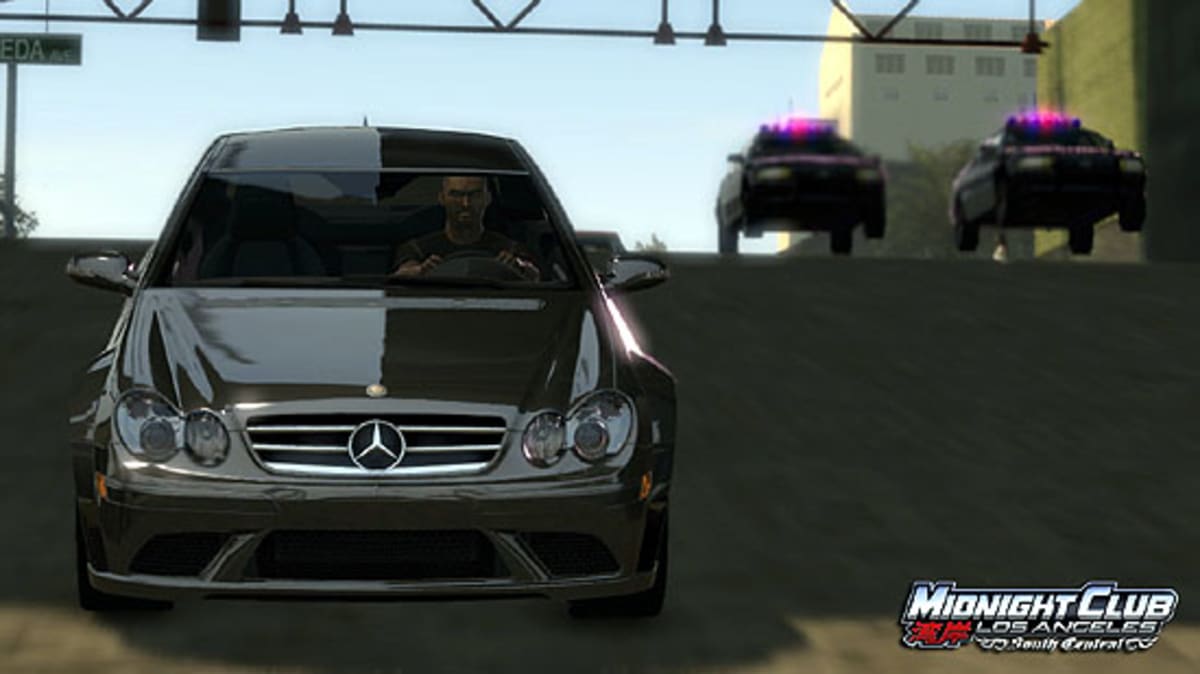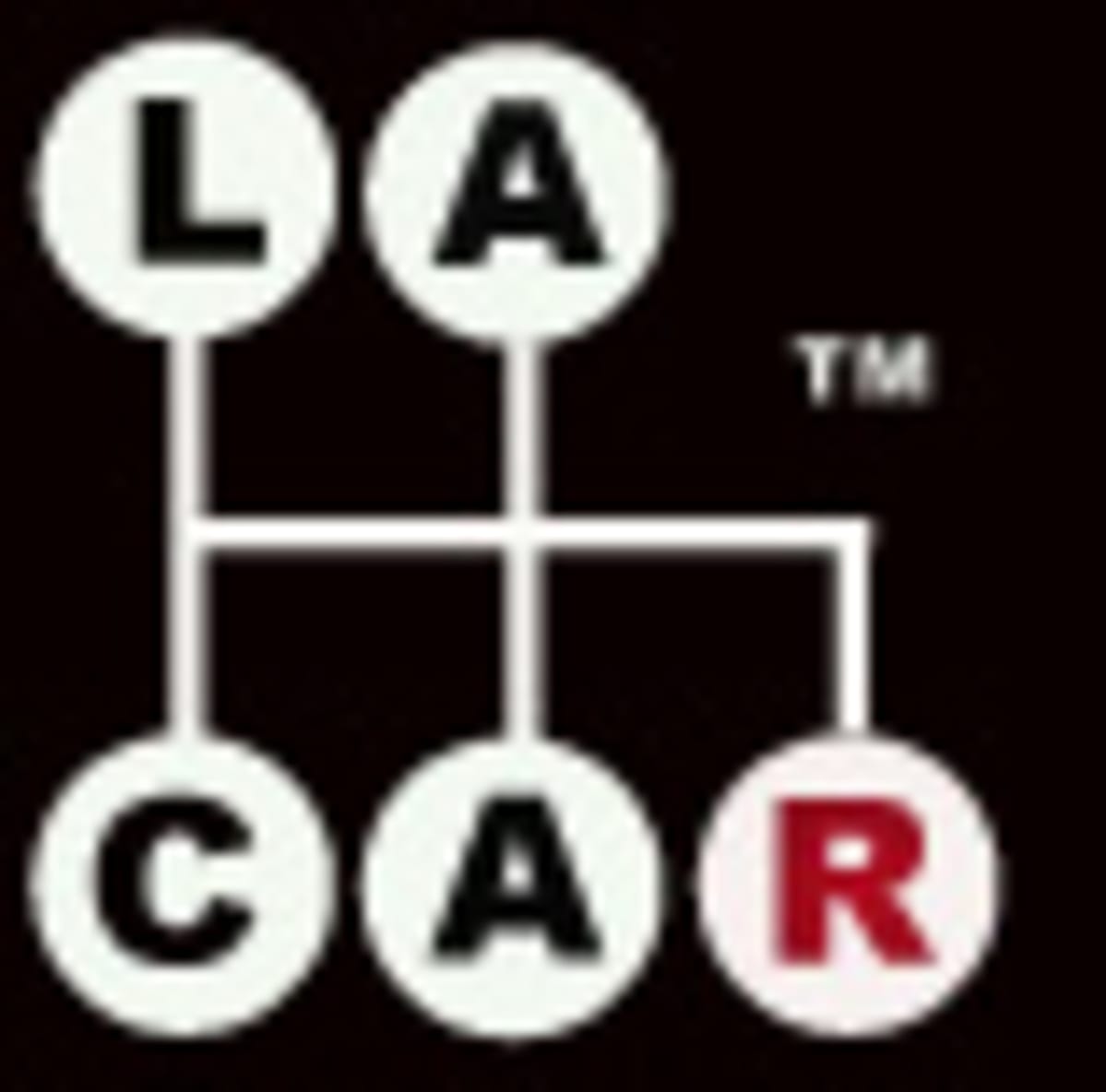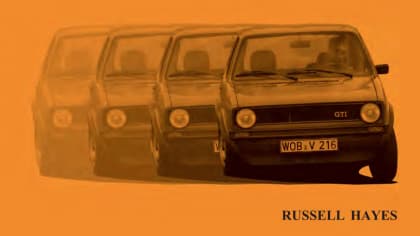NEW LAWS FOR 2010
This article is from our archives and has not been updated and integrated with our "new" site yet... Even so, it's still awesome - so keep reading!
Published on Fri, Jan 1, 2010
By: The LACar Editorial Staff

By Reed Berry, "The Traffic Guy"
As we enter a new decade, we face some uncertainties. When will our sluggish economy rebound? Are we just two years away from the end of the world in 2012? Will the Bible code prediction of a major California earthquake in 2010 turn out to be true? Who knows, but we don't really have time to worry about such things because there's something much more important to think about: The new California
driving laws we must know and obey in 2010!
Yes, it is an annual tradition. Legislators have been hard at work to create new laws that will make us better people and safer drivers. If you are charged with DUI (Driving Under the Influence), plan on installing a costly IID (Ignition Interlock Device) in your vehicle. Other new laws address toll evaders and bicycle riders, and there's even a law that lets you drive a vehicle with a television. Oh great - where will I mount a satellite dish on my Saturn?
Here is a summary of the things you need to know as you get behind the wheel (or handlebars) in 2010.

Bicycles
Sounds a little uncomfortable, but a new law allows a person to ride a bicycle without a seat if the bicycle was designed by the manufacturer to be ridden without a seat.
Television Broadcast or Video Signal
This new law allows a person to drive a motor vehicle with a television receiver, video monitor, television or video screen, or any other similar means of visually displaying a television broadcast or video signal if the equipment is designed, operated and configured in a manner that prevents the driver of the motor vehicle from viewing the television broadcast or video signal while operating the vehicle in a safe and reasonable manner.
Prostitution
It may be the oldest profession, but one of California's newest laws states that a motor vehicle can be declared a public nuisance and impounded for up to 30 days when used in the commission of specific prostitution-related crimes if the owner or operator of the vehicle has had a prior conviction for the same offense within the past three years. 'Prostitution', according to California Penal Code section 647(b), is defined as any lewd act between persons for money or other consideration.
Move Over/Slow Down
Section 21809 of the California Vehicle Code requires a person driving a vehicle on a freeway and approaching in a lane immediately adjacent to a stationary, authorized emergency vehicle that displays emergency lights, or a stationary tow truck that displays flashing amber warning lights, to safely make a lane change from that lane, or slow to a reasonable speed. Section 25253 requires tow trucks
used to tow disabled vehicles to be equipped with flashing amber warning lamps and authorizes tow trucks to display flashing amber warning lamps while providing service to a disabled vehicle. Tow trucks are prohibited, however, from displaying flashing amber warning lamps on a freeway unless an unusual traffic hazard or extreme hazard exists.

Department of Transportation Vehicles
Currently as section 21809 CVC (Move Over, Slow Down Law) requires a person who is driving a vehicle on a freeway and approaching in a lane immediately adjacent to a stationary, authorized emergency vehicle that displays emergency lights, or a stationary tow truck that displays flashing amber warning lights, to safely make a lane change from that lane, or slow to a reasonable speed. This new law adds a stationary, marked Caltrans vehicle displaying flashing amber warning lights to the "Move Over, Slow Down Law."
Personal Liability Immunity
This new law (which took effect August 6, 2009) provides that a Good Samaritan who renders medical or non-medical care at the scene of an emergency would not be liable for any civil damages.
Crimes Against Highway Workers / Assault and Battery
This new law amends section 2415 and 243.65 of the penal code to expand the definition of a highway worker to include employees of a city or county who perform specified activities related to local streets and roads. Additionally this new law includes in the definition of a highway worker, employees of a contractor while working under contract with Caltrans, contractors and employees of contractors while working under contract with a city or county and volunteers.

Charter Party Carriers
This new law requires the Public Utilities Commission to permanently revoke a charter party carrier's (CPC) authority to operate, or permanently bar it from receiving a permit or certificate; a CPC that operates a bus without having been issued the proper permit from the Commission; operates a bus with a suspended permit from the Commission; has committed three or more liability insurance violations within a two-year period for which they have been cited; operates a bus with a permit that was suspended by the Commission during a period that the CPC's liability insurance has lapsed; has one or more buses improperly registered with the DMV; or knowingly employs a bus driver who does not have a current and valid driver's license of the proper class, a passenger vehicle endorsement; or the proper certificate to drive a bus. The Commission would not be allowed to issue a new permit or certificate to operate as a CPC if any officer, director or owner of the CPC was an officer, director or owner of a CPC that has its authority to operate as a CPC permanently revoked or was permanently barred from receiving a permit or certificate from the Commission.
This bill would also require a person who drives a bus for a CPC without a current driver's license of the proper class, a passenger vehicle endorsement, or the required certificate to have their privilege to operate any type of bus with passengers suspended for five years. AB 636 would provide provisions to allow a CPC to request a hearing from the Commission upon receipt of a notice or refusal or revocation of a permit to operate as a CPC. Additionally, CHP officers are allowed to impound a bus of a CPC for 30 days under specified conditions.

Toll Evasion Violations
This new law permits vehicular crossings and toll highways operating in California to use a pay-by-plate toll system where motorists are identified by their vehicle license plate and billed or the toll is deducted from the Automatic Vehicle Identification (AVI) account. This law also provides that it is evidence of a violation for a person to enter a vehicular crossing or toll highway without at least one of the following: Money to pay the tolls, a transponder or other electronic toll payment device associated with a valid AVI account or a valid vehicle license plate properly affixed to the vehicle in accordance with current law.
Ignition Interlock Device (IID)
Effective July 1, 2010, a new law establishes a pilot program in the counties of Alameda, Los Angeles, Sacramento and Tulare from July 1, 2010 to January 1, 2016. The pilot program will require, as a condition of reissuing a restricted driver's license, being issued a driver's license, or having the privilege to operate a motor vehicle reinstated, subsequent to a conviction of any DUI offense; to install an IID in any vehicle, not including a motorcycle owned or operated by the offender. This new law also establishes installation requirements and requires the installer of the IID to notify the Department of Motor Vehicles (DMV) when the IID has been tampered with, bypassed or attempted to be removed. The length of time the IID would be required to be installed in the person's vehicle is based upon the number of DUI convictions and whether the offense was a misdemeanor DUI or a felony DUI.
Driving Under the Influence
Effective July 1, 2010, this new law requires the DMV to advise second and third time misdemeanor DUI offenders of the following options: obtain a restricted driver's license that would allow driving after serving a 90-day suspension period for a second conviction of misdemeanor DUI, or a six month suspension period for a third conviction of misdemeanor DUI if the violation only involves alcohol. The offender must enroll in a DUI program and the offender must install and maintain an IID in their vehicle.

For additional information on California driving laws:
www.dmv.ca.gov
www.chp.ca.gov





